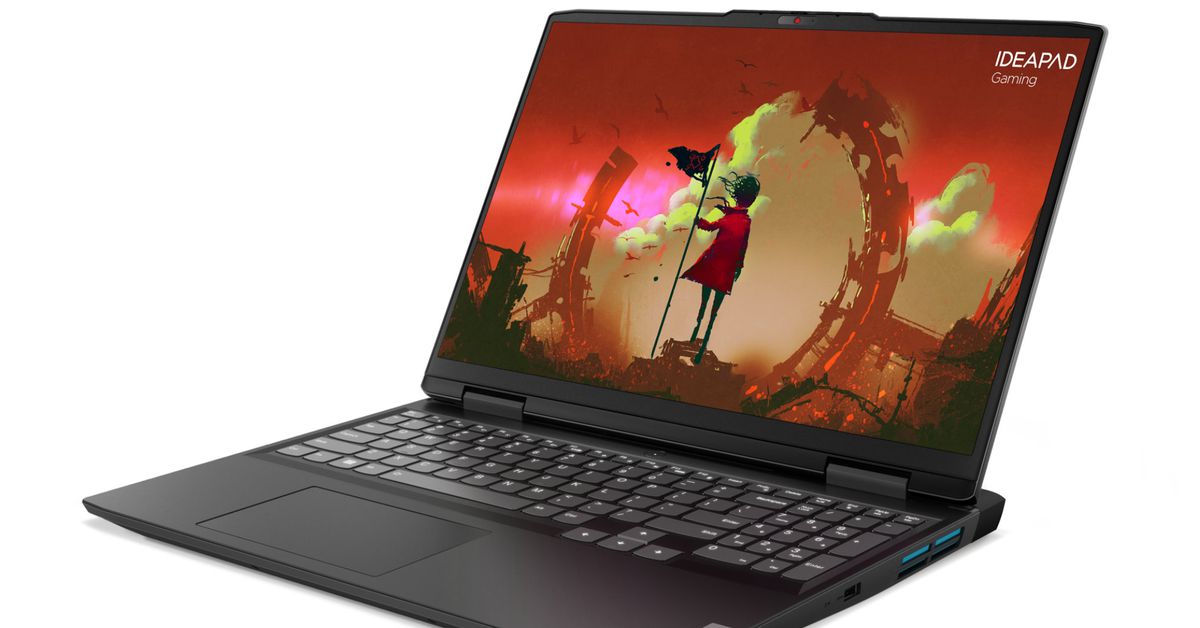
Russia-Ukraine crisis: The world is in turmoil after Russia attacked Ukraine last week. With the Russian forces entering the Ukrainian territory and dropping bombs in the country, the world order is on the brink of collapse and the rest of the countries are calling for the war to stop. Amid this, many countries are also placing sanctions on Russia for its aggression towards Ukraine. The situation is now deteriorating as Russia has blocked the internet in parts of Ukraine by attacking the internet towers. However, Elon Musk has come to the rescue for Ukrainians.
Also read | Russia-Ukraine War: Mobile World Congress to ban several Russian companies from Barcelona show
While the warfare that Russia is using on Ukraine is all arms, countries and even private companies are using soft power to play their role in the conflict. Here’s a look at how big tech companies are responding to the Russia-Ukraine war.
Russia-Ukraine conflict: Elon Musk to the rescue
Russia has been gaining control over some parts of Ukraine, and the internet and mobile towers in some areas have been destroyed. This has left many Ukrainians without the internet or even network, leaving them stranded at a time of need. Due to the severity of the situation, Ukrainian Vice Prime Minister Mykhailo Fedorov tweeted to Elon Musk. In his tweet, he wrote that while Musk followed his ambition of colonising Mars, Russia is trying to occupy Ukraine and while SpaceX’s rockets are successfully entering space, Russia is launching rockets that are attacking the civilians in Ukraine.
He then requested the tech mogul to provide Starlink stations to the people of Ukraine. For the uninitiated, Starlink is a network of satellites being launched by Musk under SpaceX. The aim of Starlink is to beam the internet directly to the customers using one of the satellites. For this, the customer is provided with a terminal dish, and depending on the location of the customer, the dish is mapped to a satellite above them so that the internet can be beamed directly to the terminal via the satellite.
Merely 10 hours after the Vice Prime Minister’s tweet, Elon Musk tweeted that the Starlink service had been activated in Ukraine and he assured that more terminals were on the way to the country.
Even if the internet is not able to reach every civilian in the country, Starlink would be able to ensure that at least crucial military operations in Ukraine can continue operating if their infrastructure is damaged by Russia. At this point, however, not much is known about the intricate details about how and to whom Starlink services would reach in Ukraine.
Russia-Ukraine issue: Google block on Russian media
Google has several platforms that can be used by media organisations for monetisation as well as for expanding audience base. However, considering the recent events, Google on Saturday blocked RT, Russia’s government-owned media platform, as well as other channels from being able to use its platforms like YouTube, along with other platforms and apps in order to get money from the ads.
YouTube said that it was pausing the ability to monetise on the platform for many channels, and among this were many channels from Russia that were recently sanctioned by authorities like the EU.
YouTube is largely in control of ad placement.
Also read | Ukraine leader urges Apple CEO Tim Cook to block Russian users from App Store
Moreover, Google also stated that many media outlets owned by the Russian state would not be able to use its ad technology in order to earn revenue on their apps or websites. They would also not be able to place ads on services like Gmail and Search, nor be able to purchase ads using Google Tools.
Russia-Ukraine war: Facebook’s move
On Friday, Meta (formerly Facebook) also barred Russian state media from being able to earn revenue from ads or from running ads on its platforms. It also said that it would be continuing to apply labels to additional Russian state media.
The move came shortly after Russia restricted the use of Facebook in the country after accusing the platform of censoring the Russian media. It said that four Russian media outlets were placed under restriction by Facebook, and the social media giant refused to lift the restrictions despite Russia’s demands.
Meanwhile, Nick Clegg, head of global affairs at Meta, said that Russian authorities were ordering the platform from running independent fact-checking as well as content labelling, and when they refused, the country announced restrictions on use of Meta’s services in the country.
Impact of US sanctions on Russia
While many companies have taken several steps on their own, the US has also placed its own sanctions on Russia. The sanctions target several Russian banks and now, the card holders of these banks are no longer able to use digital payment gateways like Apple Pay and Google Pay. At least five banks, including VTB Group, Sovcombank and Otkritie, have been impacted by the sanctions, according to the Central Bank of Russia.
With this, the card holders of these banks would now not be able to use their cards abroad, nor would they be able to make digital payments to companies that are registered in the countries which have placed these sanctions.






